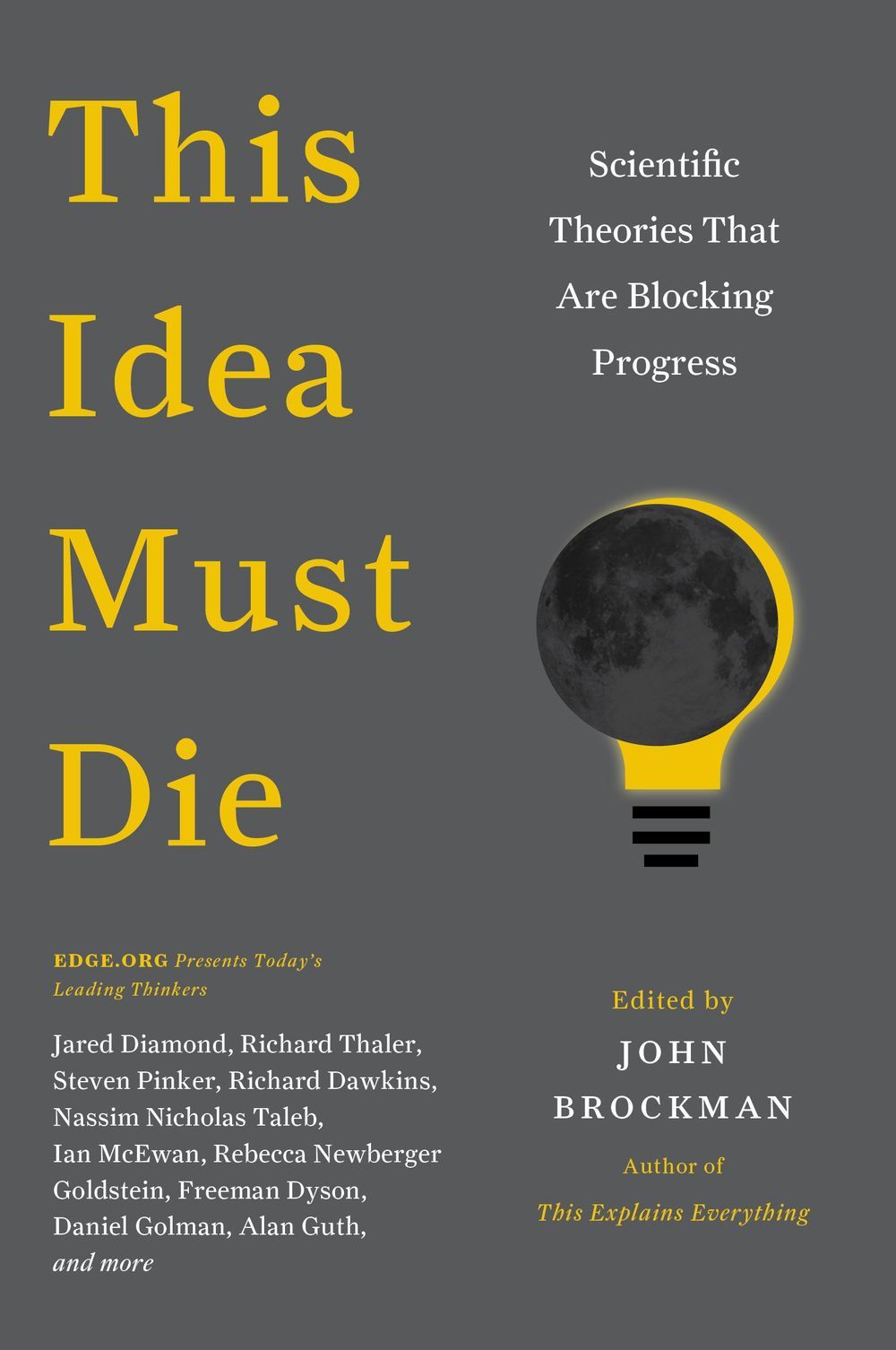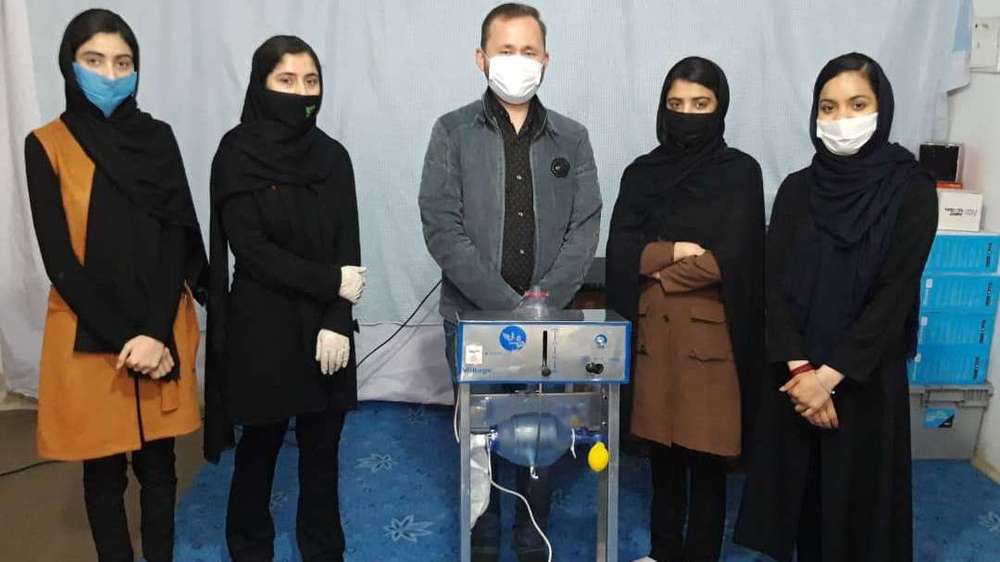Christian views tend to be more prohibitive compared with other religions.
It is difficult to examine society’s acceptance or rejection of key biotech developments without considering the role played by the world’s major religions and their belief structures.
Christianity, Judaism, Hinduism, Buddhism and Islam react to new technologies and concepts in their own way – though there is rarely universal consensus on every issue within those religions. Not surprisingly, the basis for modern day beliefs is often found in scripture and related lore.
To better understand, for example, how religions view the use of human embryonic tissue for research and treatment, consider the ancient Jewish tales of golemim — super beings created by humans for protection and tasks.







